Uncategorised
What happens to your body in Dry January? 7 amazing health benefits of giving up alcohol
06 Apr 2021
5m
Research has shown that what happens to your body in Dry January is pretty mind-blowing.
Even though the commitment requires a break from alcohol for just 31 days, the health benefits start to kick in almost immediately.
Here, we take a look at how giving up alcohol effects the body – even if it is temporary.
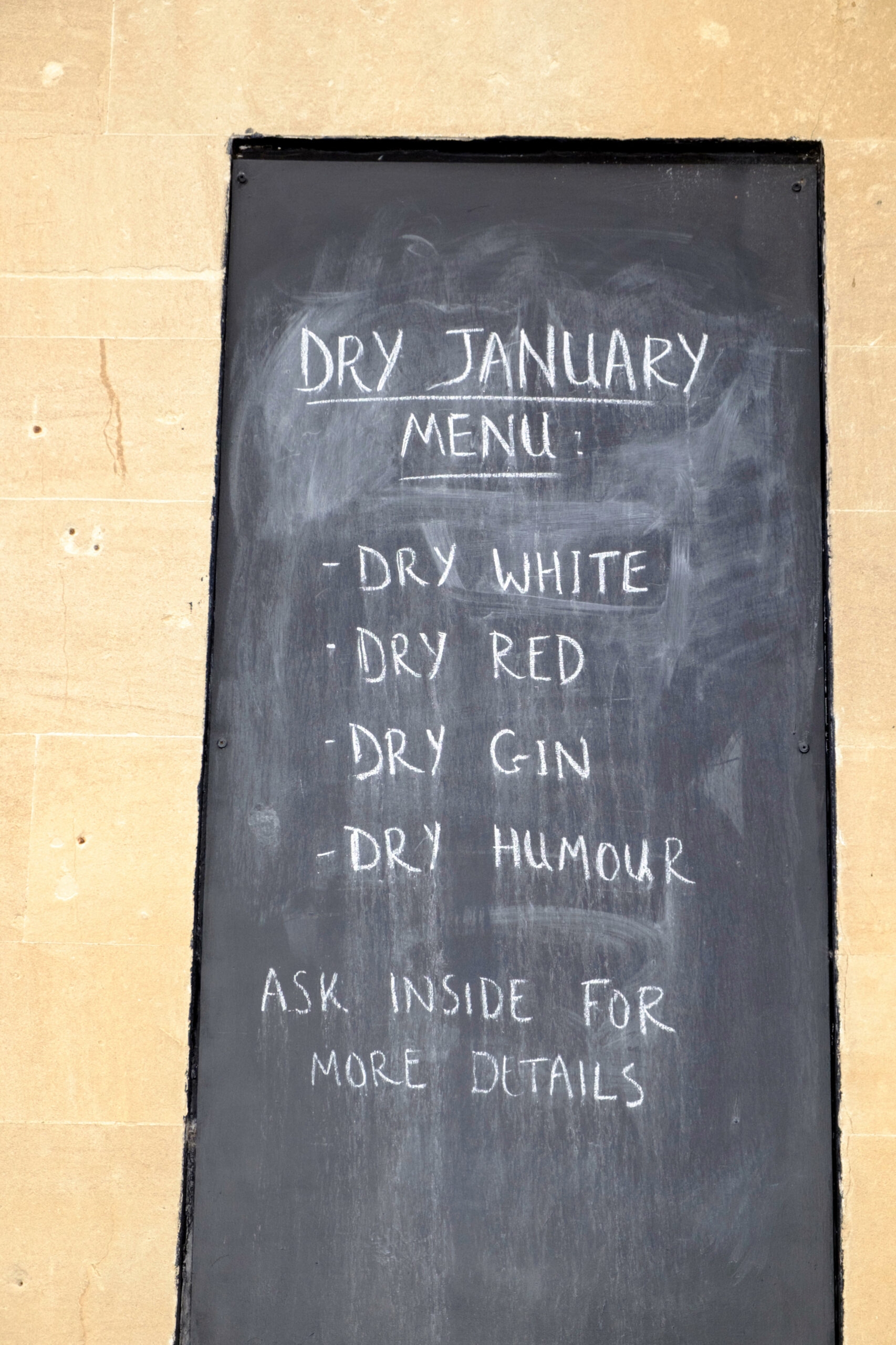 Despite its popularity, many people are unaware of what happens to your body in Dry January (Credit: Alamy/Mr Standfast)
Despite its popularity, many people are unaware of what happens to your body in Dry January (Credit: Alamy/Mr Standfast)
What happens to your body in Dry January?
Abstaining from alcohol, however briefly, can have many interesting side effects.
Since the initiative first started in 2012, extensive research has been conducted into the effects of short-term abstinence.
READ MORE: 8 awesome non alcoholic drinks to indulge in this Dry January
Thankfully for Dry January advocates, most of the results seem to be pretty positive. Although the exact effects remain uncertain, most experts agree that participants will see some very clear health impacts.
To help inspire you through what otherwise might be a fairly miserable first month of the year, here are just a few of the amazing health benefits you might enjoy.
 Giving up alcohol might positively affect your sleep patterns (Credit: Pixabay)
Giving up alcohol might positively affect your sleep patterns (Credit: Pixabay)
Better Sleep
Scientists have been aware of the impact that alcohol can have on sleep for a long time. As cited on the Drink Aware website, a 2001 study revealed how drinking more than six units in an evening can disrupt the amount of time we spend in the all-important REM stage of sleep.
Here, Dry January can make quite a significant difference. A report by Alcohol Change UK into the health benefits of the campaign found that a month off booze caused “70% of participants (to have) better sleep”.
If you’re struggling to get a good night’s rest, Dry January could be a solution.
 Many people find that they have more energy as a result of giving up alcohol (Credit: Pixabay)
Many people find that they have more energy as a result of giving up alcohol (Credit: Pixabay)
More Energy
A side-effect of sleep loss is obviously lack of energy. It follows, therefore, that if you’re sleeping better, you’re going to feel a whole lot more energetic.
READ MORE: The 7 most expensive drinks in the world
The same Alcohol Change UK study noted that 66% Dry January participants also felt like they had more energy at the end of the month.
Although feeling more energetic is slightly difficult to define, there’s certainly enough evidence to suggest it might be a side effect.
 Alcohol can adversely affect your ability to concentrate (Credit: Pixabay)
Alcohol can adversely affect your ability to concentrate (Credit: Pixabay)
Better Concentration
While we’re all aware of the dangers of driving drunk, alcohol can actually have a much wider influence.
A study published by Ramapo College, for instance, suggested that drinking heavily can affect a person’s concentration and memory for up to 48 hours even after they’ve stopped.
Although the length of the impact is up for debate, it seems as though at least a partial break from booze can have a positive benefit for concentration levels.
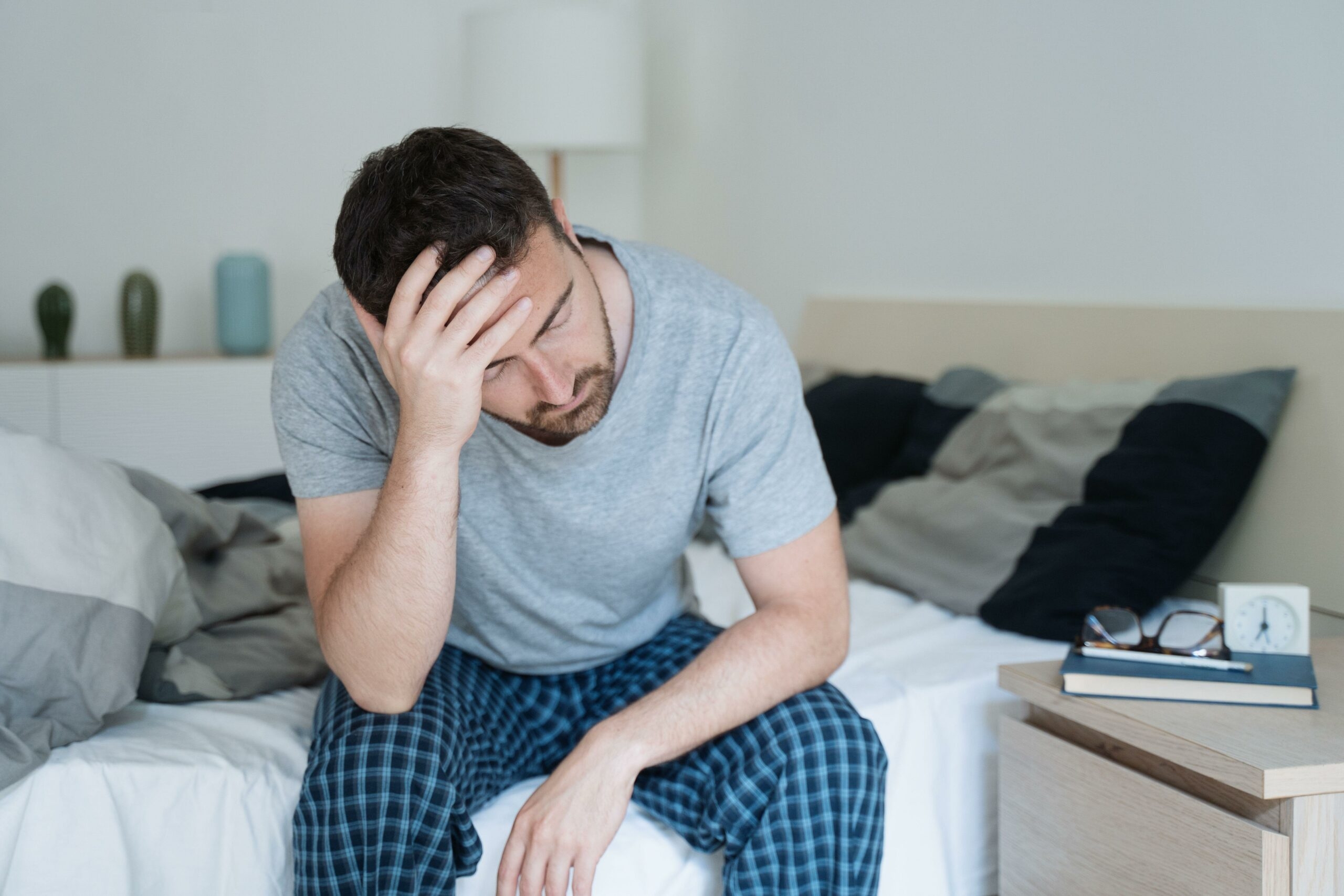 Hangover anxiety is a genuine phenomenon (Credit: Alamy/tommaso altamura)
Hangover anxiety is a genuine phenomenon (Credit: Alamy/tommaso altamura)
Reduced Anxiety
“Hangxiety” has often been dismissed as an urban legend. However, according to some scientists, the phenomenon is all too real.
READ MORE: Here are the worst shots you can drink on a night out
In a 2019 interview with The Guardian, professor of neuropsychopharmacology at Imperial College, David Nutt, went into detail on why alcohol can make you anxious.
As he explained it, drinking alcohol actually stimulates the body into producing anxiety-inducing chemicals known as glutamates. By not drinking, even temporarily, you could restore this balance and avoid harrowing mornings after.
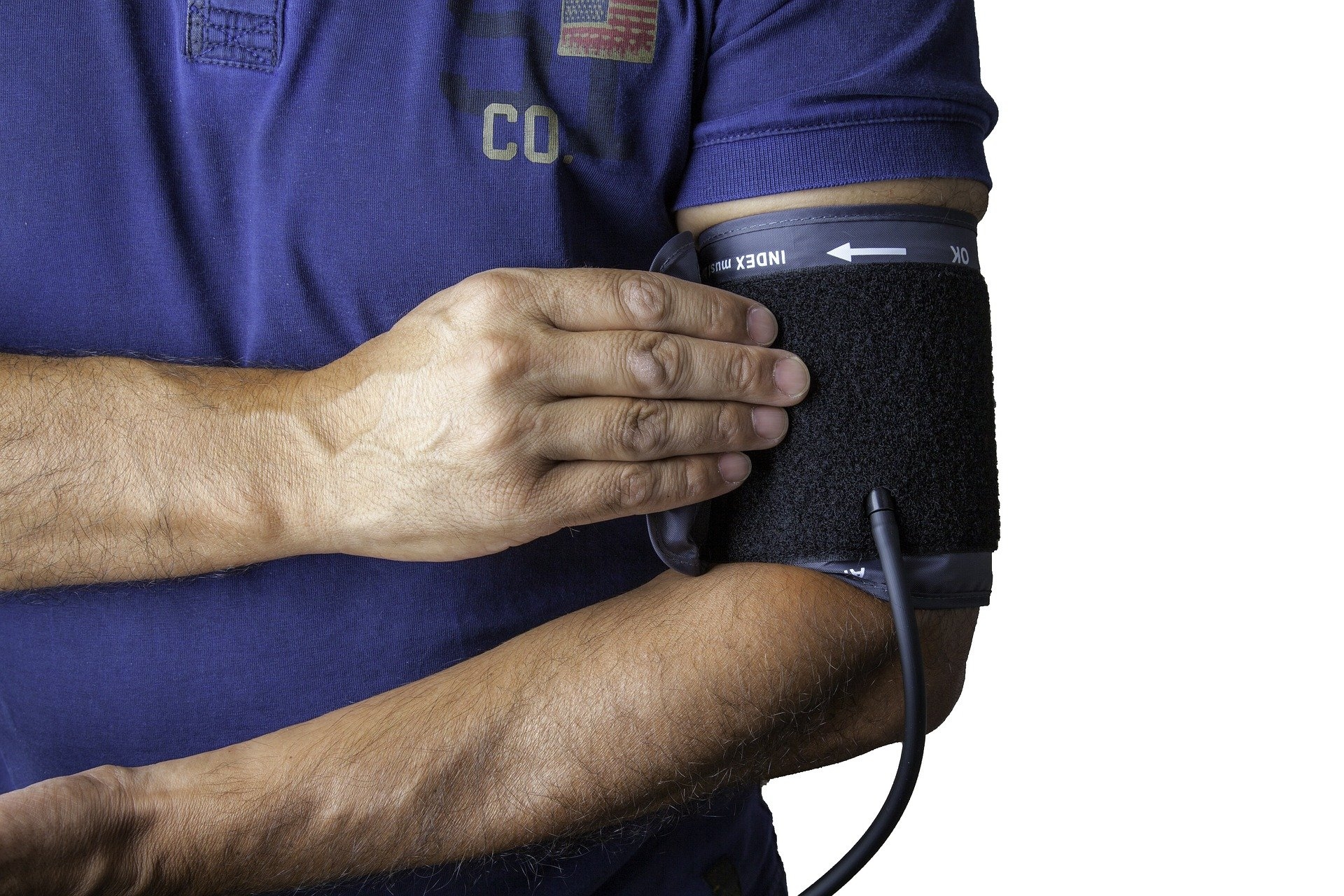 Abstaining from alcohol can improve blood pressure (Credit: Pixabay)
Abstaining from alcohol can improve blood pressure (Credit: Pixabay)
Reduced Blood Pressure
The correlation between alcohol and blood pressure has long been established. What’s less well-known, however, is just how quickly abstaining from alcohol can have an impact.
READ MORE: Gin really does make you cry, according to new research
A 1999 study cited by Alcohol Change found that “just four weeks without a drink can be enough to start lowering both blood pressure and heart rate”.
While this impact may not be immediately obvious, it shows that if you can persevere, the results can be surprising;y dramatic.
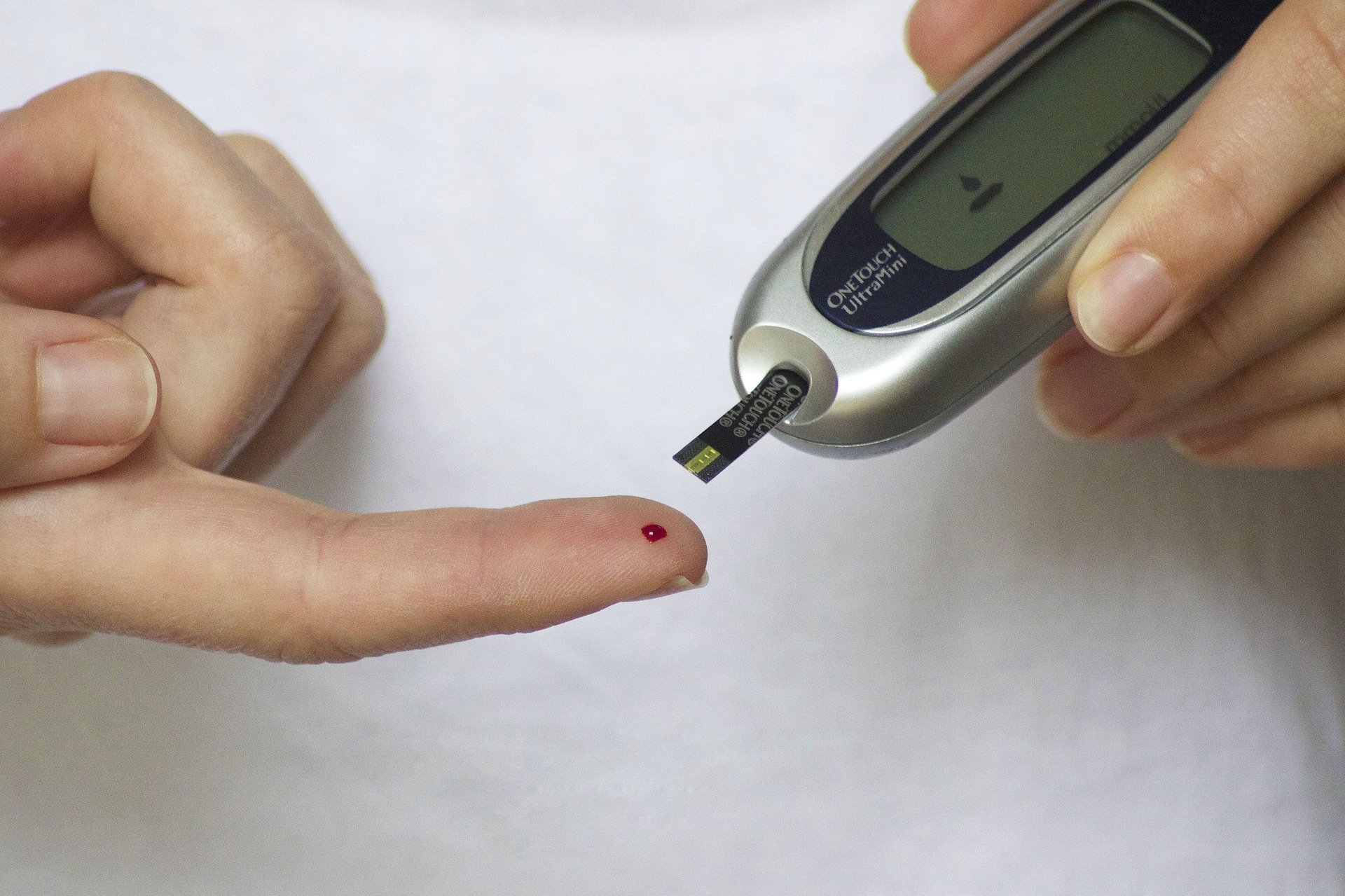 Drinking can increase your risk of diabetes (Credit: Pixabay)
Drinking can increase your risk of diabetes (Credit: Pixabay)
Reduced Diabetes Risk
Alcohol and diabetes have a complicated relationship. While it’s not totally clear what the precise correlation between alcohol consumption and developing the condition may be, many experts agree that there is a connection.
According to the expert analysis at diabetes.org, “excess alcohol intake is associated with an increased risk of type 2 diabetes”. Similarly, a 2015 study found that moderating your drinking can help mitigate the risk.
However, both studies acknowledge that you can’t guarantee not developing the condition if you just ignore alcohol. While booze may well be a factor, there are certainly other elements at play.
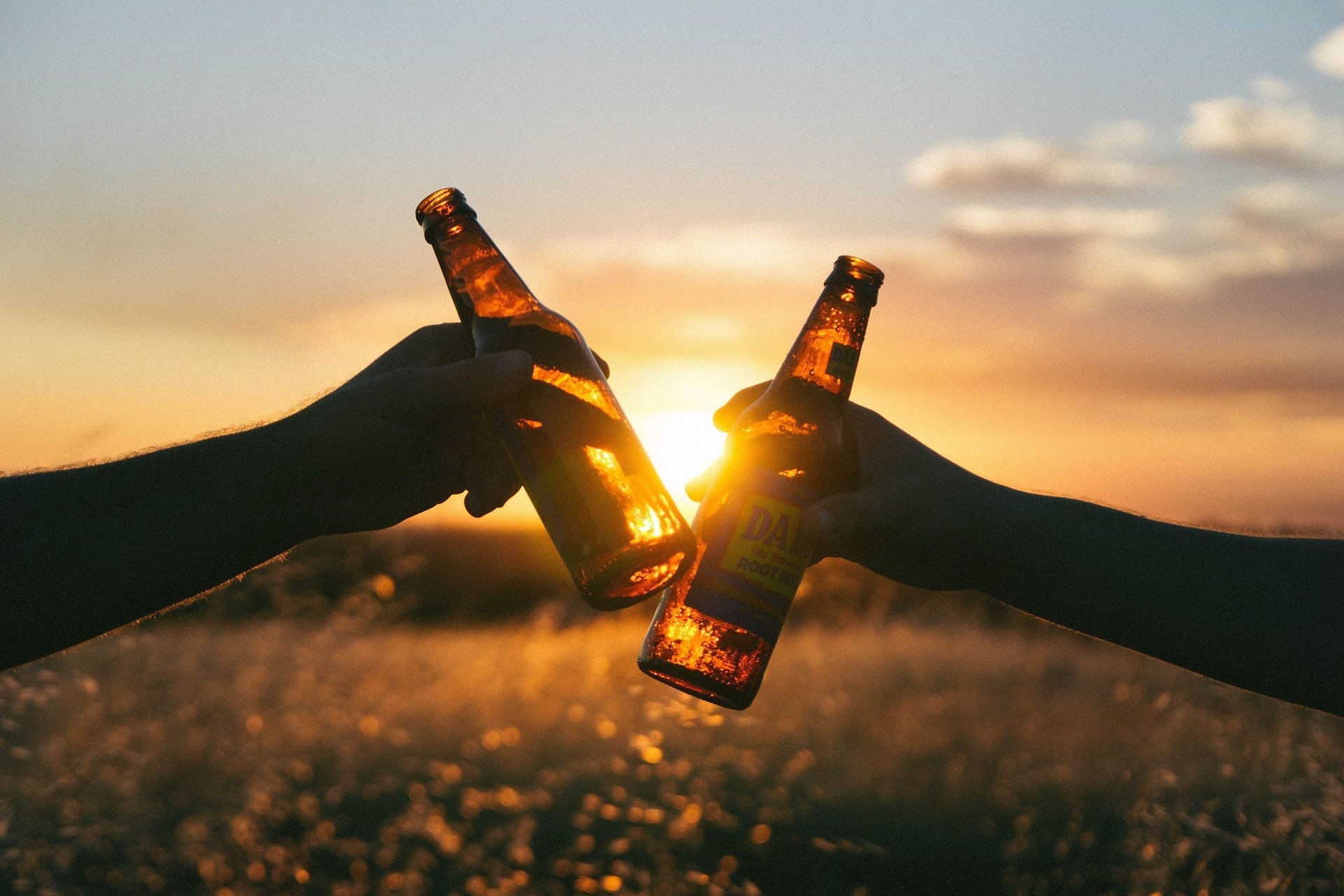 Some studies suggest that temporary abstinence can help reset your relationship with booze (Credit: Pixabay)
Some studies suggest that temporary abstinence can help reset your relationship with booze (Credit: Pixabay)
Relationship Reset
Perhaps one of the most long-lasting impacts of Dry January is more mental than physical.
Several experts suggest that a period of abstinence can help drinkers to have a more healthy relationship with alcohol in the future, drinking less often and less heavily in the future.
READ MORE: How to tell if your drink has been spiked
A 2016 study published in the National Library of Medicine concluded:
“The findings suggest that participation in abstinence challenges such as Dry January may be associated with changes toward healthier drinking and greater (drink refusal self-efficiency).”
This suggests that Dry January can be a great way to address your drinking in the long term.
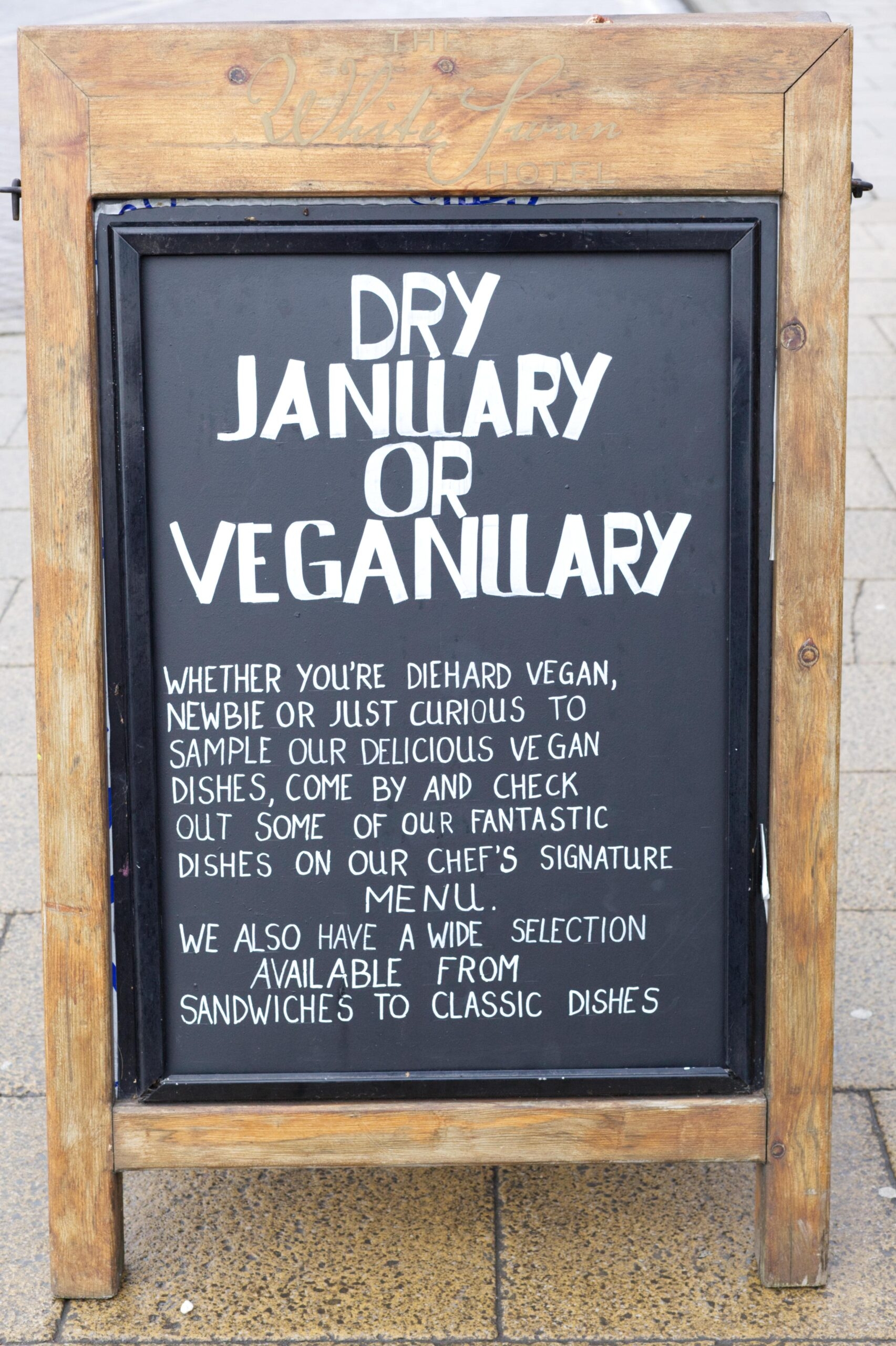 Both Dry January and veganuary have become increasingly popular in recent years (Credit: Alamy)
Both Dry January and veganuary have become increasingly popular in recent years (Credit: Alamy)
Are there any downsides to Dry January?
One of the major concerns associated with Dry January is the perceived risk of a rebound. Many critics have suggested that not drinking in January could lead to a huge spike in February, undoing many of the supposed benefits.
However, the evidence suggests that this simply isn’t the case. The 2016 National Library of Medicine study also concluded that Dry January is “…unlikely to result in undesirable “rebound effects” and “very few people reported increased alcohol consumption following a period of voluntary abstinence.”
READ MORE: How to tell if your drink has been spiked
In fact, the only real risk associated with the challenge is for heavy drinkers. A 2019 BBC report into the phenomenon concluded: “All the experts agree that people who are physically or psychologically dependent on alcohol should seek advice from a health professional before they commit to Dry January.”
This is because there is a high risk of developing acute withdrawal symptoms, as there would be with any drug.
However, for the majority of would-be participants, most experts agree that Dry January has got the all-clear.



